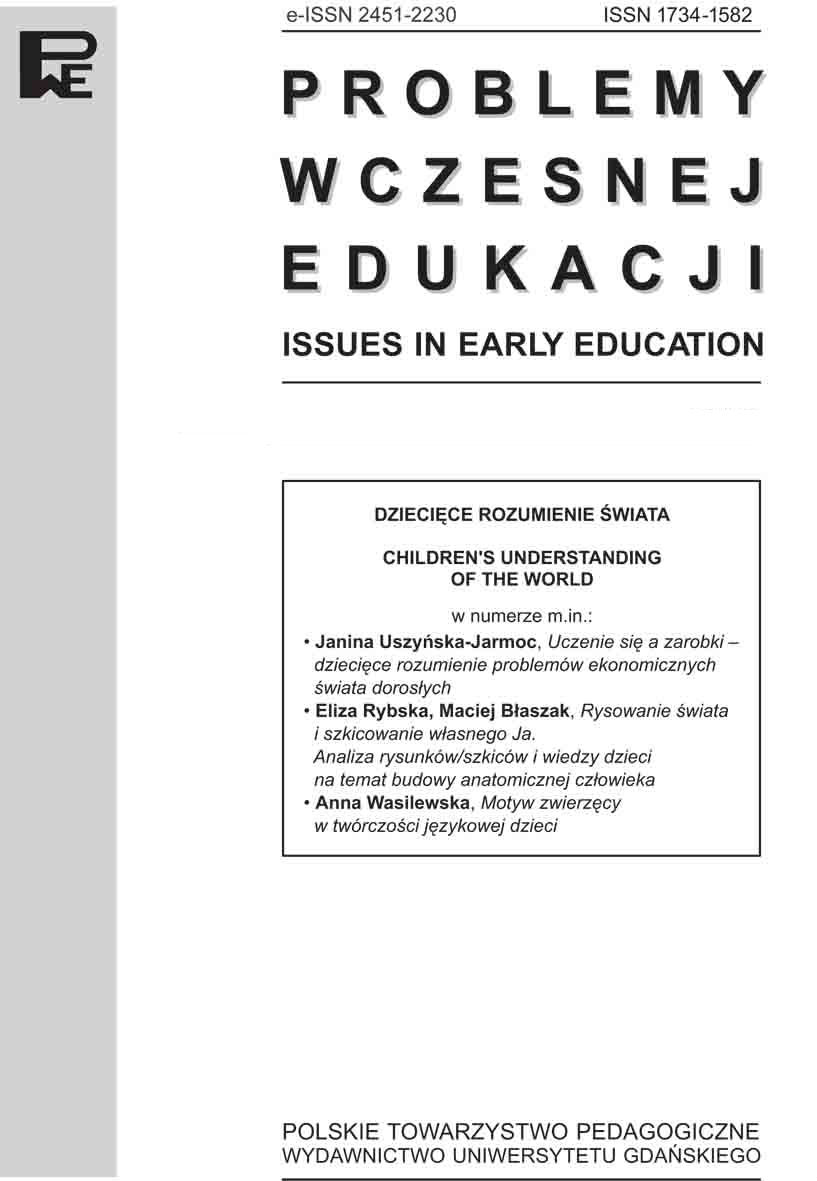Personal experiencing of spoken English by Poles
Personal experiencing of spoken English by Poles
Author(s): Michał DaszkiewiczSubject(s): Foreign languages learning, Psychology, Educational Psychology
Published by: Polskie Towarzystwo Pedagogiczne
Keywords: English; second language; affect; personal educational event; directed utterance;
Summary/Abstract: The paper addresses applicability of terms and rationale normally associated with early language education to the learning (and articulation) of English by adult Poles. It discusses how grown-ups – supposedly aware of how important speech is for their language success – prove victim to affective obstacles, require the personally – and emotionally-experienced sense of achievement, which implies that the character of their language learning does not depart too far from that of young children. The paper opens with a section concerning the (Polish) national edge of the learning of English and focusing on the learners’ decision not to speak having a personal and crucial character. Then, the issue of affective obstacles is examined theoretically in a discussion on the suitability of specific early education terms for adult language education, and empirically – through a qualitative study of what effect is obtained among Polish grown-ups by using a language teaching method resting on L2 early education terms. It is observed that following a simple teaching procedure in which learners were presented with a set of topic-oriented questions and exemplary answers and then requested to remark (in Polish) on (a four-faceted construct reflecting) how they feel about their productive language learning, an immediate positive outcome is obtained on the affective stratum.
Journal: Problemy Wczesnej Edukacji
- Issue Year: XIII/2017
- Issue No: 1 (36)
- Page Range: 33-41
- Page Count: 9
- Language: English

